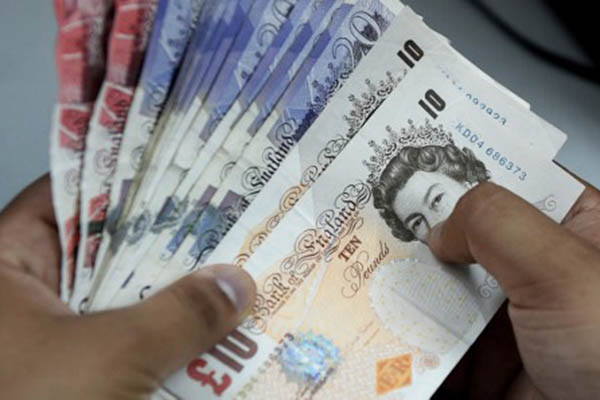
Money Sharma—AFP
Official says licenses of non-governmental organizations were revoked over past year-and-a-half.
India’s government has banned some 20,000 charities from accepting overseas funds because they failed to comply with the rules, a home ministry official said on Tuesday.
K.S. Dhatwalia, a spokesman for the federal home ministry, which revoked the licenses, told AFP that they had been cancelled “over the period of one and a half years.”
“They have not followed FCRA [Foreign Contribution Regulation Act] norms while applying for [license] renewals,” he said. Without the licenses the NGOs will not be able to receive overseas donations, which could likely impair their day-to-day operations.
Dhatwalia, however, said they can reapply and have their licenses renewed by the ministry. “Applications can be sent again. And if they are renewed and revalidated, these NGOs can receive foreign funds and start regular work.”
Meanwhile that leaves only 13,000 NGOs with licenses in India where charities, especially foreign-backed ones like Greenpeace, have come under increased scrutiny since Hindu nationalist Prime Minister Narendra Modi came to power in 2014. A major crackdown began in early 2015 after an intelligence report said groups like Greenpeace were damaging the country’s economy by campaigning against key development projects.
The government has cancelled licenses of thousands of NGOs since then, citing misuse of overseas donations to harm the country’s growth.
Critics have argued that the apparent clampdown was an attempt to stifle voices of dissent. An Indian charity running schools for low-caste Dalit children said last week it was set to close down after its foreign funds were blocked over alleged threats to national unity.
The home ministry said the charity had engaged in “undesirable activities aimed to affect prejudicially harmony between religious, racial, social, linguistic, regional groups, castes or communities.”
